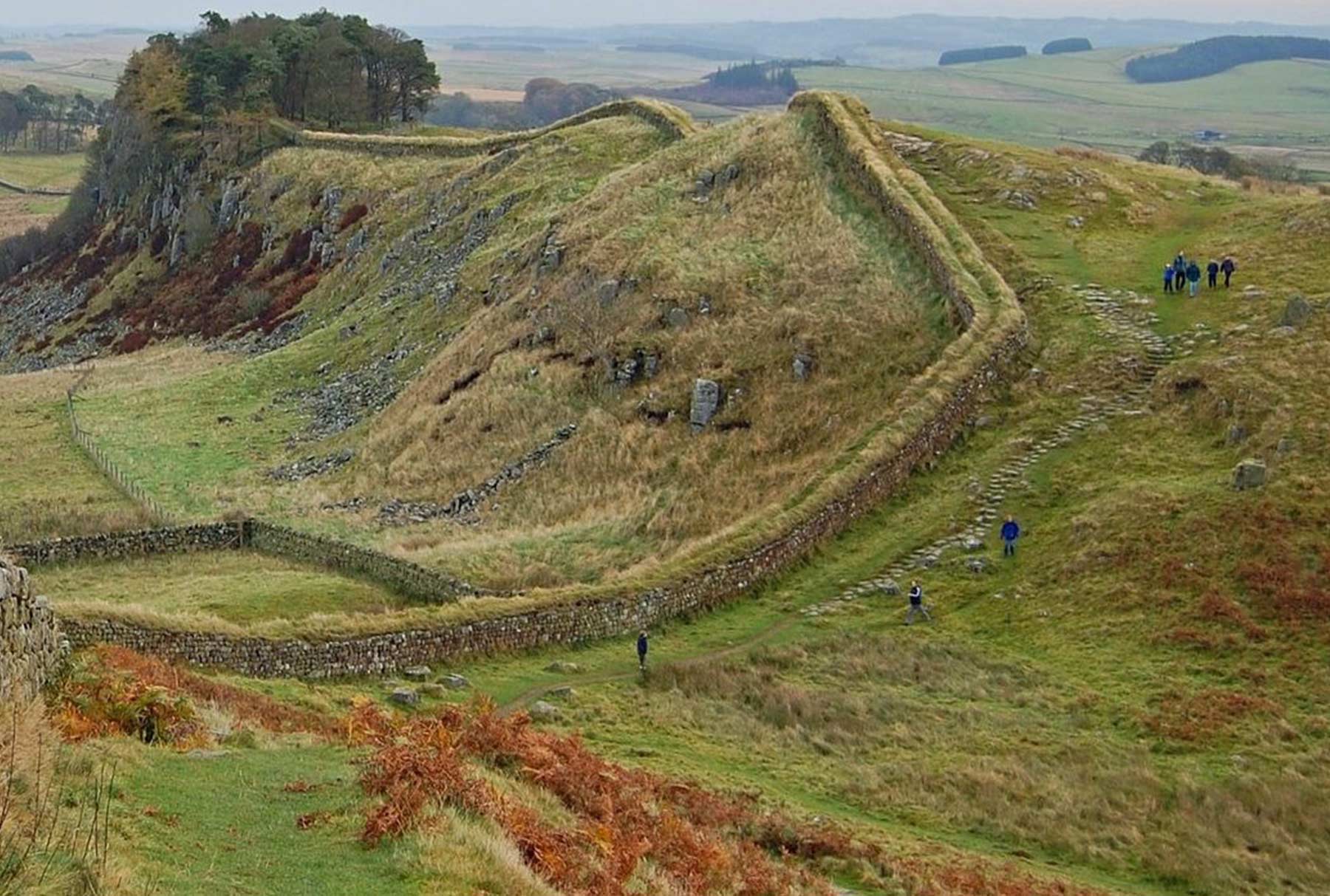Undergraduate Environmental Science degree
Our teaching introduces you to innovative research in these fields. Our subject is globally significant to our future and that of the environment around us.
Teaching excellence
Our research-led teaching ensures you develop the right skills and knowledge.
We'll expose you to the leading technologies and techniques, including:
- field mapping
- remote sensing
- surveying
- global imaging systems
- ecological modelling
- geology
We ensure our environmental science degree remains at the forefront of the profession, so graduates are well-equipped to begin careers in industry or to pursue further study.
Careers in environmental science
Graduates with an environmental science background find employment within conservation bodies. They also undertake roles in environmental management, law, rural planning, and biodiversity management including:
- Natural England
- the Wildlife Trusts
- the Environment Agency
- ecological consultancies
- water companies
- local government environmental health departments
- other environmental protection agencies
Excellent facilities
Our laboratories enable a range of chemical, biological, geological, and geoscience research activities.
These include field sampling, sample preparation, analytical chemistry, geochemistry, and molecular biology.
Specialist facilities include:
- gas chromatography and gas chromatography-mass spectrometry
- liquid chromatography and high pressure liquid chromatography-mass spectrometry
- inductively coupled plasma-optical emission spectroscopy
- inductively coupled plasma-mass spectrometry
- thermogravimetric analysis and TGA-MS
- mercury porosimetry
We also have:
- elemental analysis, including total organic carbon analysis
- ion chromatography
- atomic absorption spectrometry
- rock evaluation analysis
- molecular biology suite
- thermal and hydraulic conductivity testing equipment
- large testing frames – 250kN, 1000kN and 5000kN tension/compression loading machines
